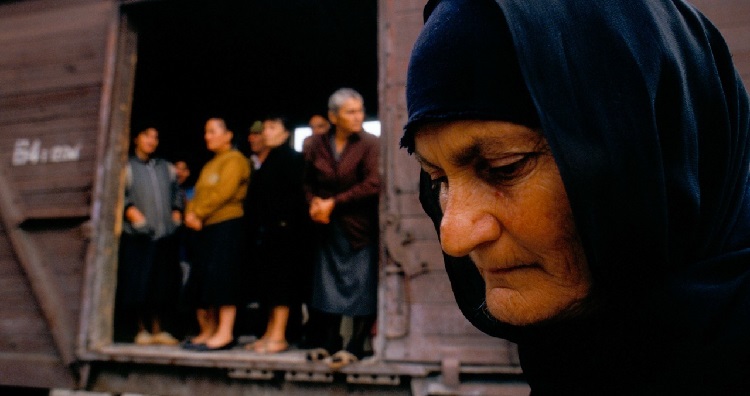Georgia commemorates 30th anniversary of Abkhazia War, armed conflict in country’s Russian-occupied Abkhazia

Between 13,000 to 20,000 ethnic Georgians and approximately 3,000 Abkhaz have been reported killed, more than 250,000 Georgians have become internally displaced or refugees and about 2,000 are considered missing. Photo: Mike Goldwater.
Today Georgia is commemorating the 30th anniversary of the Abkhazia War, which ended with the territory becoming a breakaway region of Georgia and leaving hundreds of thousands displaced.
Lia Gigauri, the Deputy Minister of State for Reconciliation and Civic Equality, along with Grigol Giorgadze, the Deputy Minister of Defence and Ruslan Abashidze, the Head of the Government of the Autonomous Republic of Abkhazia paid tribute to those who had died in the war and laid a wreath at the Heroes Memorial.
The armed conflict began on August 14,1992 when Georgia's Armed Forces aimed to defend the Sochi-Enguri section of the railway and were confronted by Abkhaz armed forces Gvardia, which involved Russian soldiers, under the order of Vladislav Ardzinba, the Head of the Supreme Council of Abkhazia.
In response, the State Council of Georgia sent the National Gvardia [soldier unit controlled by Tbilisi] to Abkhazia to challenge the militant group, which resulted in the confrontation that sparked the beginning of hostilities on the ground.
On July 27, 1993 both sides agreed to the Sochi Agreement on Ceasefire and Separation of Forces, which was violated by the Abkhaz on September 16, 1993, by beginning an attack on Sokhumi.
The Abkhaz-Russian forces started their attack on the building of the Council of Ministers of Abkhazia in the morning of September 27, 1993. They captured and killed Chairman Zhiuli Shartava, Sokhumi Mayor Guram Gabeskiria and 27 employees of the Council of Ministers.
On the same day Sokhumi collapsed and the Georgian Armed Forces lost the fight, leading to the end of the war.
Between 13,000 to 20,000 ethnic Georgians and approximately 3,000 Abkhaz have been reported killed, more than 250,000 Georgians have become internally displaced or refugees and about 2,000 are considered missing.
 Tweet
Tweet  Share
Share